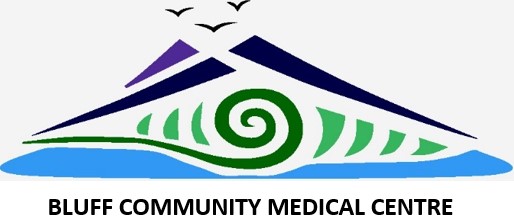We’re now offering dedicated skin check appointments for our enrolled patients. With skin cancer being so common in New Zealand, early detection really matters. Dr Kate MacNaughton has completed advanced training in skin cancer detection and leads this service at our clinic.
Skin checks are something I’ve grown really passionate about. A while back, I did some basic training, then went on to complete six months of intensive study through the Skin Cancer College Australasia. That really gave me the tools to confidently assess moles, skin lesions, and to know which ones need to be removed, or at least looked at more closely.
We’ve got a dermatoscope now, which is a hand-held device that lets us examine skin in much more detail. It’s amazing what you can see when you know what to look for.
Just the other week, a patient came in after hearing we were doing skin checks, and we found a skin cancer growing under her hair. She had no idea it was even there. We were able to catch it early and remove it while it was still relatively small. That’s what makes this work so rewarding. Sometimes people won’t know anything’s wrong until someone takes a close look.
We’ve seen a few cases now. Some have needed biopsies, which we can do here in the clinic. We send them off to the lab, and they’ll tell us if it’s something more serious. If it’s a smaller lesion, we can often remove it ourselves. But if it looks like a melanoma, or something more complex, we’ll refer them on to a specialist clinic.
It’s really highlighted how much this service is needed. Mole mapping at private clinics is expensive, and I’ve had patients who simply couldn’t afford it.
We don’t want to over-treat either. A big part of this work is learning not just what to remove, but what not to. You don’t want to be cutting out things that are harmless. That’s why having in-depth training is so important. There’s a growing awareness among GPs about the importance of skin cancer education, and we knew someone in our practice needed to undertake the necessary training.
At the moment, we don’t run a public clinic – it’s just for our enrolled patients. But we are proactively reaching out to those at higher risk: people who’ve had previous skin cancers, or a lot of sun exposure, especially outdoor workers, or people who’ve had bad sunburns over the years.
In the end, it’s about prevention. About catching the bad stuff early, before it gets worse. Sometimes, a five-minute check could save a life. That’s what keeps me doing it.

